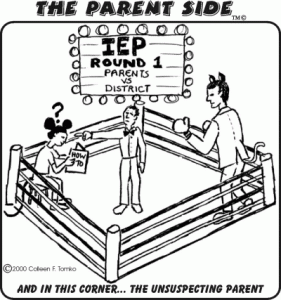
So there we were, the wife and I, sitting by the backyard pool at our friends’ house and enjoying a little camaraderie with the other guests.
I had been chatting idly about travel destinations with a retired airline pilot when a gentleman I’d never seen before happened to join us. Before long, I found myself deep in discussion with this new guy, the pilot having turned his attention elsewhere. We touched on sports and other safe subjects, but before long things became more exciting.
Craig, my new friend, mentioned that as a child he had been diagnosed with cystic fibrosis and had been given five years to live. I don’t think we exchanged ages, but based on appearances I’d have to say that, like me, he has left his youth far behind. Somehow, he survived CF, at a time when almost nobody did.
Seeing my interest, he told me that in his teenage years he’d studied the Chinese art of qi gong. The CF was already in remission by then, but he credits qi gong with the fact that he has kept it at bay all these years. What’s more, he and his wife, who is Chinese, have occasionally applied the principles they have studied — or the gift they’ve been given — to alleviate the sufferings of others. He mentioned a woman afflicted with Lou Gehrig’s Disease who regained mobility (at least temporarily) with their help.
At some point in the discussion, I explained my fascination by telling Craig that I have a disabled son. Craig seemed to think he and his wife might be able to help Joseph. In all these maladies, he said, treatment is a matter of locating a “blockage” in the flow of energy and freeing it. Now, that explanation doesn’t mean a whole lot to me. My education, such as it is, is Western. I understand the flow of blood through the circulatory system, I understand the flow of heat through a conductive material, but I don’t know what is meant by the flow of energy.
On the other hand, I don’t understand how acupuncture works, either, but I know from personal experience that acupuncture can sometimes help. A couple years ago, it conquered my very painful and debilitating case of frozen shoulder syndrome.
I like to know how a treatment works. But more importantly, when faced with an unacceptable problem, I like to hear that improvement is possible.
Over the years, this mindset has prompted me to do a great many extraordinary things on behalf of Joseph, some of which are described in WATB. A few of the providers I sought out did help him acquire new skills. Most of them succeeded only in transferring money from my bank account to theirs.
But again — some did help! Therefore, others might yet help further.
Qi gong is one of the few things we have never tried.
Other treatments, conceivably, may not have had a fair trial. Since my chance encounter with Craig, I’ve found an organization that is giving presentations here in Southern California regarding use of stem cells as a treatment for various conditions including autism spectrum disorders. They provide a mother’s testimony that this treatment improved her sons’ communication skills, eye contact, and openness to learning new things.
Joseph underwent something similar back in the 90s and staged a temporary improvement.
What’s offered now may be better, more advanced. I have been assured that it is.
Giving it a shot would mean crossing the border, no doubt because it is not legal in the U.S.
Hmmm. Am I ready to do that again? I’ve never based these decisions on whether a treatment was endorsed by the authorities. On the other hand, it was a disappointment to discover that these folks were not more mainstream. Also, while it’s true that I wouldn’t hesitate to trade my right arm for a significant improvement in Joseph’s condition, what they do is not cheap.

All families dealing with chronic issues may not share my fixation on the search for answers. There is, after all, something to be said for acceptance and balance in one’s life. I offer the fact that Song Yi and I were enjoying a poolside party as evidence that we too try to lead a normal existence. However, just below the surface, ready to respond at the slightest provocation, lives hope for something more.


